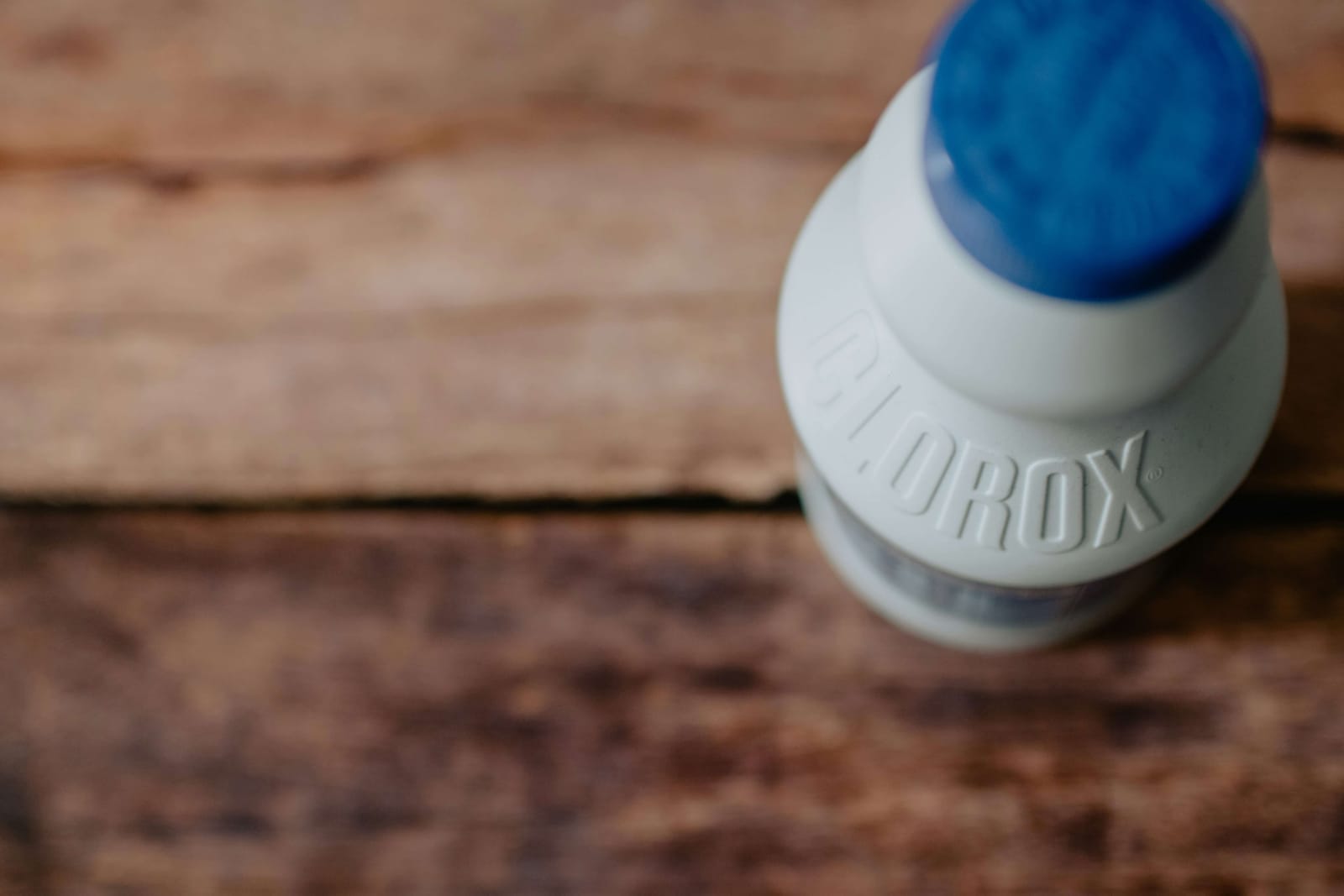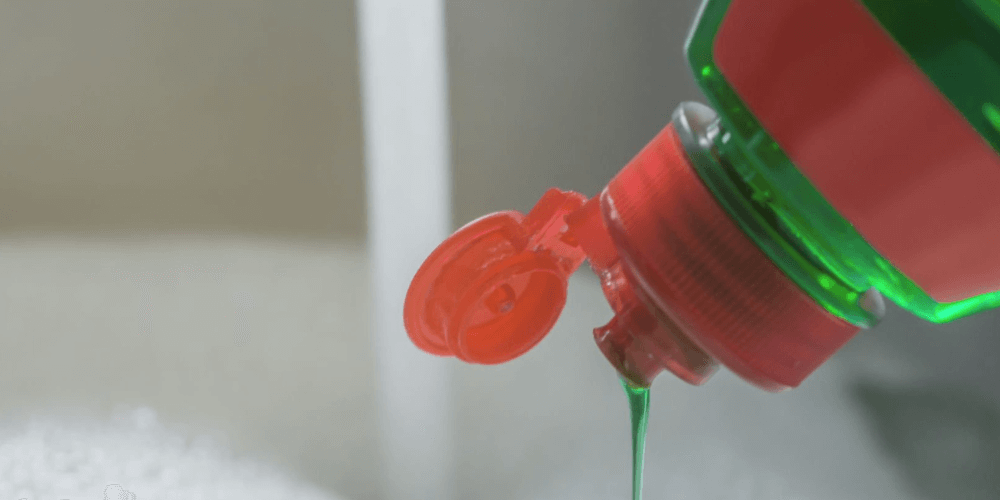In an era where sustainability is paramount, our kitchen tools are not exempt from the green revolution. As we strive to reduce our carbon footprint, even the humble cheese slicer is undergoing a transformation.
This micro-post sheds light on the innovations and designs that are making cheese slicers not just functional, but also eco-friendly.
In This Article:
- The Rise of Eco-friendly Materials
- Innovative Designs for Sustainability
- Benefits of Choosing Eco-friendly Slicers
- How to Choose an Eco-friendly Cheese Slicer
- Conclusion
- Frequently Asked Questions
- Further Reading
The Rise of Eco-friendly Materials
The push for sustainability has led to a reevaluation of the materials used in everyday items, including kitchen tools. For cheese slicers, the emphasis has been on durable and recyclable materials:
- Stainless Steel: A popular choice for cheese slicers, stainless steel is durable, recyclable, and resistant to rust. Its longevity means fewer replacements, leading to reduced waste over time.
- Wood: Some cheese slicers feature wooden handles, especially those with wire cutters. When sourced sustainably, wood can be an eco-friendly alternative to plastics. It's biodegradable and brings a touch of elegance to kitchen tools.
- Recycled Plastics: While not biodegradable, some brands have started using recycled plastics for handles, reducing the demand for new plastic production and promoting a circular economy.
Innovative Designs for Sustainability
The design world is buzzing with innovations aimed at sustainability and cheese slicers are part of this revolution:
- Modular Designs: Some modern slicers are designed to be taken apart, making them easier to recycle. Each component can be separated and processed accordingly.
- Reduced Waste Production: Brands are focusing on designs that use fewer materials, reducing waste during production. This also means less waste when the product ends its life.
- Longevity Focus: A longer-lasting product reduces the need for frequent replacements. Durable designs and sustainable materials ensure that the slicer remains functional for years.
- Ergonomics and Efficiency: A well-designed slicer reduces waste and ensures efficient slicing, minimizing food waste.
Benefits of Choosing Eco-friendly Slicers
Opting for an eco-friendly cheese slicer is a small step with significant benefits:
- Reduced Environmental Impact: Sustainable materials mean less landfill waste and reduced carbon footprints.
- Durability: Eco-friendly doesn't mean fragile. Many sustainable materials offer strength and longevity.
- Safety: Natural materials often mean fewer toxins and chemicals, making them safer for food preparation.
How to Choose an Eco-friendly Cheese Slicer
When shopping for a sustainable cheese slicer, consider the following:
- Material: Look for slicers made of biodegradable or recycled materials.
- Design: A simple design often means fewer materials used and easier recycling.
- Packaging: Eco-conscious brands often use minimal and recyclable packaging.
- Certifications: Check for certifications that validate the product's eco-friendliness.
Conclusion
The journey towards a sustainable future is paved with conscious choices, big and small. By opting for eco-friendly kitchen tools like cheese slicers, we're not only ensuring a safer environment but also promoting a culture of sustainability.
As consumers, our choices have the power to drive change, and by supporting eco-friendly innovations, we're taking a step in the right direction. After all, every slice counts in the bigger picture of environmental conservation.
Frequently Asked Questions
Why is it important to choose eco-friendly kitchen tools?
Eco-friendly kitchen tools reduce environmental impact by using sustainable materials, promoting recyclability, and ensuring longevity. By choosing such tools, we support a sustainable future and reduce waste.
Are eco-friendly cheese slicers as durable as traditional ones?
Yes, many eco-friendly cheese slicers are designed with durability in mind. Materials like stainless steel and sustainably sourced wood offer both longevity and eco-friendliness. Proper care can further extend their lifespan.
Are eco-friendly slicers more expensive than traditional ones?
While some may have a higher upfront cost, their durability often offers value for money in the long run.
Further Reading
- Cheese Slicer: Maintenance Tips for Longevity: Ensure the longevity of your cheese slicer with essential safety and maintenance guidelines tailored for optimal use.
- Using Cheese Slicers: Tips for Slicing More Than Just Cheese: Uncover the myriad of ways you can utilize your cheese slicer, from slicing butter to cucumbers, and maximize its potential in your kitchen.
- If you're unsure about the right way to use cheese knives, check out TasteofHome's article.
- If you're hunting for the top cheese slicer on the market, don't miss our detailed guide on the best cheese slicer.



